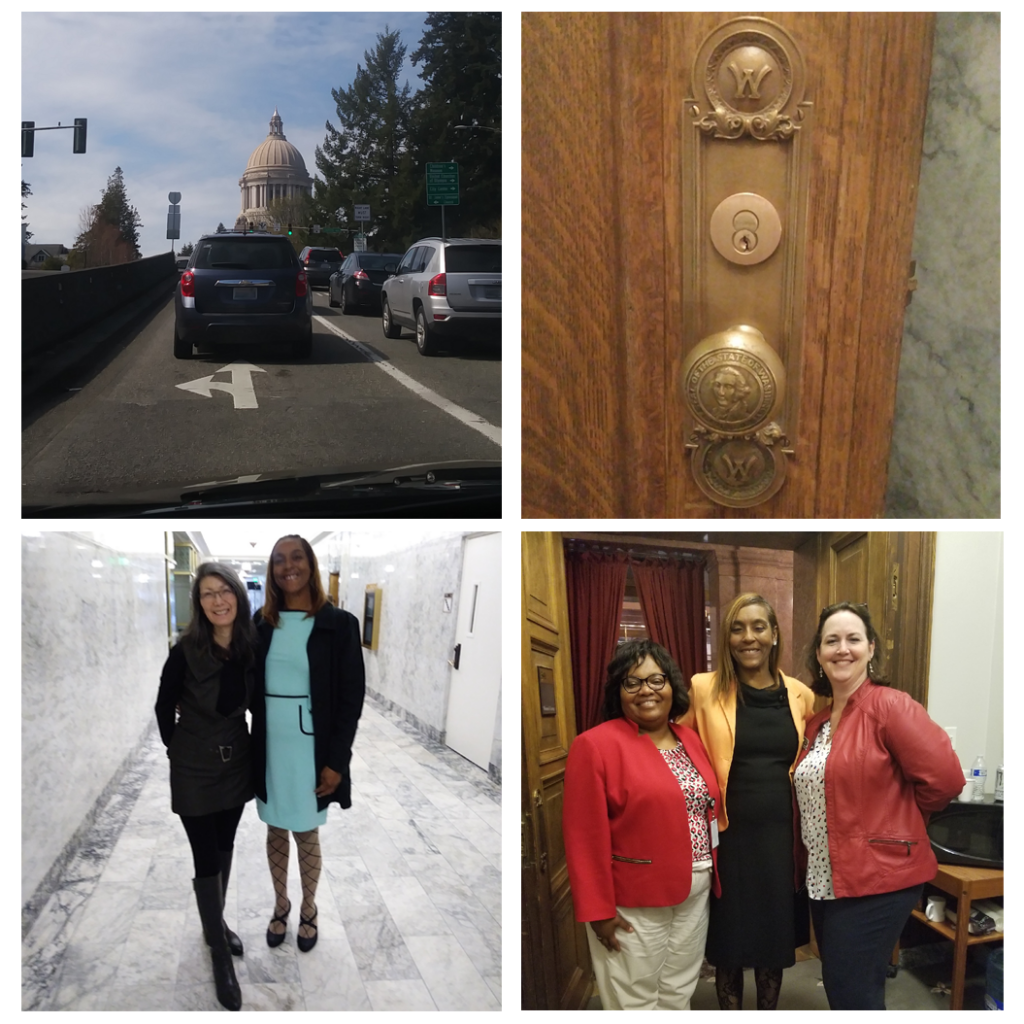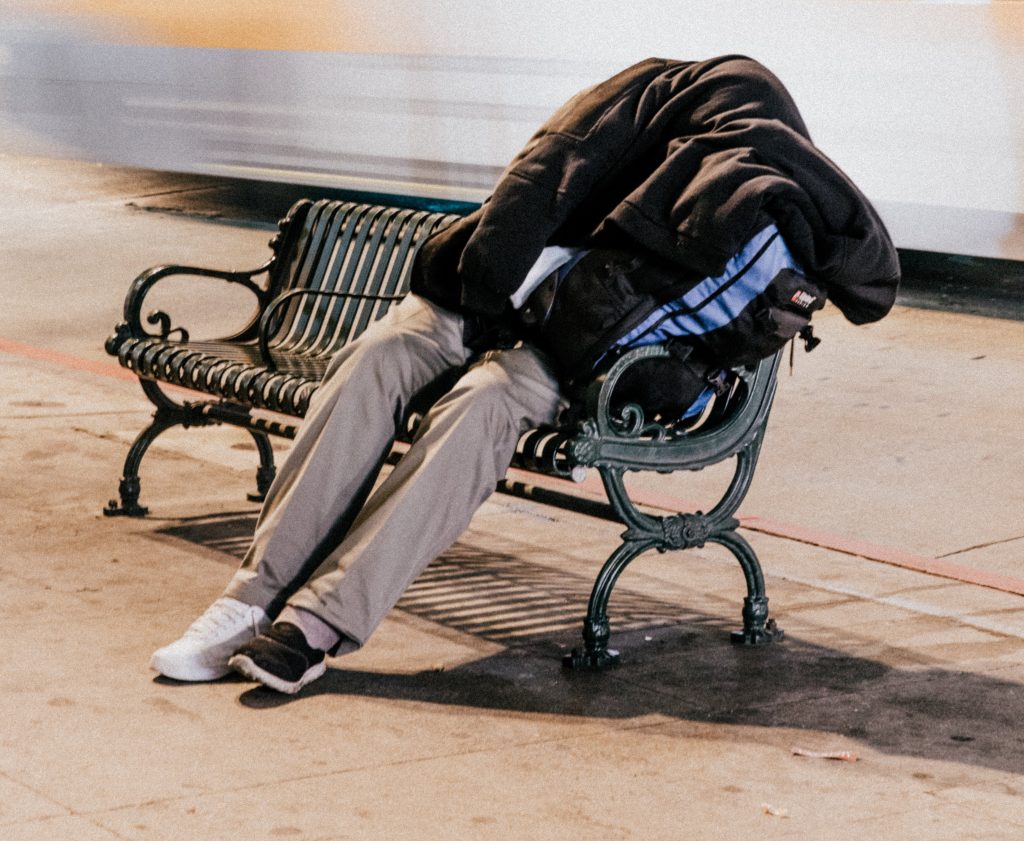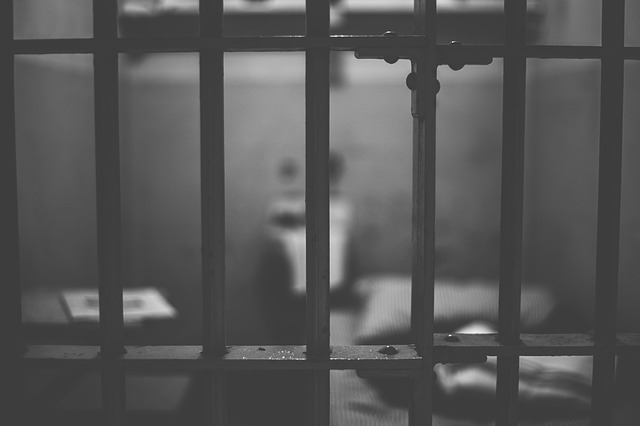
Dear friends and neighbors,
When I drive to Olympia from Tacoma and the capitol dome comes into view, I immediately feel a sense of awe. Seeing the massiveness of the dome in all its glory is surreal. It stands out from the architecture of today’s modern structures. The imposing masonry and clean lines represent order and decorum. It’s a place where things get done, and every day I am excited and proud to be able to work here and get things done on behalf of the people of the 29th Legislative District.
In a previous e-newsletter, I described the inside of the Legislative Building, with its beautiful marble floors. There are other, somewhat more hidden, displays of detailed workmanship and intricate artistry throughout the building, such as the doorknob pictured above with the engraving of George Washington and a “W.”
In today’s episode of The Life of a Freshman Legislator, I would like to highlight the decorum that comes with working in such a beautiful and historic place; specifically, the dress code of the legislators. Each day we show up to do the people’s business in attire reflecting the decorum of the institution and this majestic campus where we work. You might think that means stuffy or boring, but you would be surprised! I came up with the hashtag #DivaDems just for fun, because I enjoy the different outfits my colleagues wear. Whether it’s thrifted or new, the latest trend or a retro piece reinvented, the #DivaDems are legislating in style.
Sincerely,

Putting people first by housing people first

A common misconception about homelessness is that there is a subset of people who choose to be homeless, or choose to refuse services to help them exit homelessness.
The reality is that the intersecting problems of homelessness, mental health, and substance use disorder means that some people experiencing homelessness do not qualify for homelessness services because of their co-occurring conditions. It is these difficult-to-house people who are best served by the emerging gold standard in solutions to chronic homelessness, mental health, and substance use disorder: permanent supportive housing.
Permanent supportive housing provides eligible clients not only a permanent housing subsidy, but also all the services they’ll need to be successful over the long term—all within the same building. These services can include case management, medication reminders, employment assistance, mental health and substance use disorder treatment, meals, and even visits by nurses, doctors, and dentists. While these services are all optional for residents, they are so successful there’s a backlog of people who want to get off the streets and live in these communities. Once someone living unsheltered sees that permanent supportive housing offers freedom and dignity, they often want in.
The operating and capital budgets recently passed by the House work in tandem to expand this model. Our capital budget invests in constructing permanent supportive housing, and our operating budget invests in the services provided in these facilities. As our budget process continues, I’ll advocate to protect and increase these important investments for our community.
Manufactured/Mobile Home Landlord-Tenant Act reform
The American Dream of homeownership can quickly change into a nightmare for those who own mobile homes. It is a misnomer that these homes are “mobile,” because moving them is often not an option and when a mobile home park is sold, this literally sells the land out from underneath someone’s home.
Mobile home ownership is one of the most affordable options for low-income families and seniors. But in 2017, mobile home park closures displaced 203 families across the state, and the Department of Commerce estimates there could be another four to five park closures in the next year.
It has been over a quarter century since the Legislature has addressed comprehensive reform of the Manufactured/Mobile Home Landlord-Tenant Act (MHLTA), and it is clear there are changes needed to stop the rush of displacement that is happening as our region develops. This is why I was proud to support House Bill 1582, which provides more protections to mobile home owners.
The bill requires two-year lease agreements between park and mobile home owners, increases the time a mobile home owner has to vacate a park after they receive a notice of closure and requires that notices of closure be translated into multiple languages.
Rethinking juvenile justice

Recent research shows that the brain continues to develop until around age 25. That’s why young people can often be impulsive, engage in risky behaviors, and are more vulnerable to outside influences like peer pressure. Yet in the criminal justice system, young people who commit serious crimes are often treated as adults.
Young people housed in adult prisons are often subjected to violence, but protecting them can be a ‘lose-lose’ situation, as isolating them can result in further harm. Young people who serve their sentences in adult jails also face significant barriers to housing, education and employment after release, contributing to their high re-offense rate.
By keeping young offenders in a rehabilitation setting, we can reduce costs, reduce crime, and increase public safety. That’s why I’m supporting House Bill 1646, which will allow youth convicted in adult court of certain crimes committed while under 18 to stay in a juvenile rehabilitation facility until the age of 25. I’m pleased to report it passed the House on a bipartisan vote!
This bill does not change sentencing, it simply changes the setting of where these young offenders are held. If given a chance to get supportive services, vocational training and a general education in the safer environment of a rehabilitation facility, these youth will have a much better chance of succeeding in life after their release. And because they won’t be continuing to commit crimes, we will all be safer in our communities.
Climate bills still in play

I get a lot of emails in support of various proposals to act on climate change. While climate change is a global problem, there are local solutions we can pursue that will make a difference, especially as others follow our lead. The impacts of climate change will fall hardest on our most vulnerable communities, and that’s why I view the need to act on climate as an issue of environmental justice. Here are the bills still in play:
Phasing out ‘super pollutants’ (House Bill 1112)
Hydrofluorocarbons, or HFCs, are used as commercial and industrial refrigerants and foam-blowing agents. They are also super-polluting greenhouse gases that are thousands of times more damaging to the climate than carbon dioxide. This bill phases out these harmful gases, for which safe and cost-effective alternatives already exist.
Establishing a clean fuels program (House Bill 1110)
The biggest source of greenhouse gas emissions in our state is from the transportation sector. A Clean Fuels Program similar to those already successfully underway in California, Oregon, and British Columbia directly addresses that source. It would improve local air quality and provide local economic benefits by increasing demand for biofuels produced in the state.
100% clean electricity (Senate Bill 5116)
This bill will help transition our state to a clean energy future by removing carbon emissions from the generation of electricity. It requires utilities to gradually transition away from fossil fuel-generated electricity, setting a preliminary “coal elimination” deadline of 2025, and a final “clean grid” deadline of 2045.
Energy efficiency/clean buildings (House Bill 1257)
The fastest-growing source of emissions in Washington is emissions from buildings. By retrofitting old buildings and updating standards for new ones, we can cut carbon emissions quickly and economically, while creating good-paying jobs.
